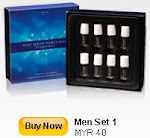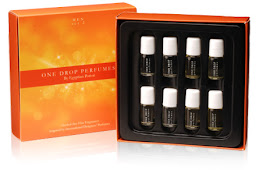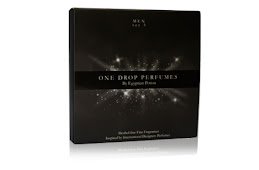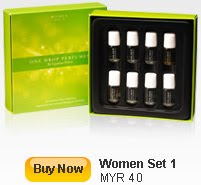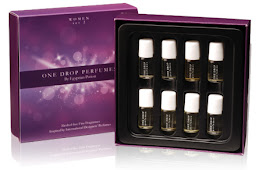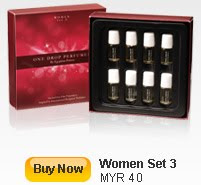 For daily gift,special occasion and someone special
For daily gift,special occasion and someone specialin Nomadstudeo we offer u a daily series set :
Package 2 : One drope perfume ( any set ) + Cheerful color theme.
Special design by Nomadstudeo.
for more info call : Mr.Raymond 019-2043250
Join our people
 For daily gift,special occasion and someone special
For daily gift,special occasion and someone special For those interested in One drope fragrances by Nomadstudeo we are offered u a special offer!
For those interested in One drope fragrances by Nomadstudeo we are offered u a special offer!Perfume is made up of alcohol combined with a fixative, essential oils or chemical scents. Cologne is essentially a diluted version of perfume. Perfumes generally contain up to 30% essential oils whilst colognes only contain 1 -2% oils.
Some perfumes contain just one scent such as verbena but most have a combination of a high note, the first scent that reaches you, middle notes, sometimes called heart notes, which is the personality of the perfume and finally the base note which lingers on.
It is important to remember that perfume reacts with each person's body scent to create a unique aroma. That's why the same cologne can smell so differently on different people. This is why you should try perfume on your own skin before buying otherwise you may be disappointed. A good rule of thumb is to never test more than three perfumes at a time.
Fragrance falls into six basic groups:
Home made perfume can be fixed with glycerin or castor oil. Commercially perfume was often fixed with for a longer shelf life with civet oil, or musk. Today chemical replacements have been found.
P/S : all the perfume has alcohol.

Perfume is made from about 78% to 95% of specially denatured ethyl alcohol and a remainder of essential oils.
Perfume is the costliest form of fragrance with 22% of essential oils.
Eau de Parfum (EDP), comes next with between 15 and 22% essential oils.
That's followed by Eau de Toilette (EDT) with 8 to 15% oils.
The weaker Eau de Cologne has just 4% essential oils.
For those who crave super subtlety Eau Fraiche with 1 to 3% essential oils, is the lightest dilution of fragrance.
Many new perfumes are promoted as EDPs and an EDT is not always produced as there has been a vogue for Eau de Parfum as individuals want a more lasting signature.
Ref : http://www.fashion-era.com/perfume_history.htm


